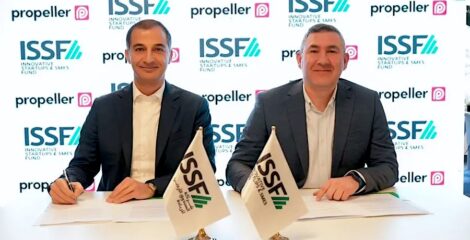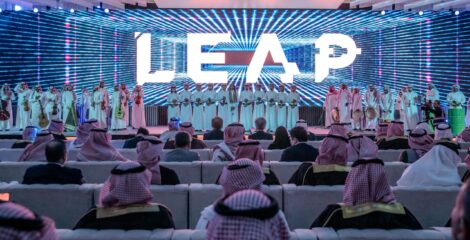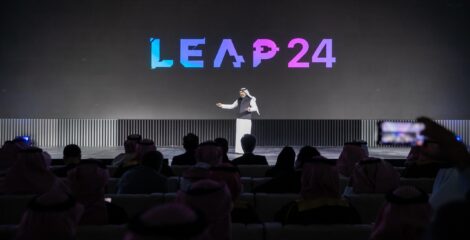With hundreds of owners paying thousands of dollars for a feature that isn’t ready yet, a lawsuit was filed in San Francisco claiming that Tesla is marketing the “Enhanced Autopilot” and “Full Self-Driving” features before their time.
The filing claims Tesla and Musk “deceived and misled consumers regarding the current abilities of its ADAS [advanced driver-assistance system] technology and by representing that it was perpetually on the cusp of perfecting that technology and finally fulfilling its promise of producing a fully self-driving car,” and that “contrary to Tesla’s repeated promises that it would have a fully self-driving car within months or a year, Tesla has never been remotely close to achieving that goal.”
The lawsuit also tackles Tesla’s feature terminology, including the name “Autopilot,” which is now sold as a precursor to the unfinished “Full Self-Driving” feature as a pricey add-on.
In 2019, Elon Musk promised to put one million robotaxis on the road, saying, “A year from now, we’ll have over a million cars with full self-driving, software… everything.”
The robotaxi dream was soon put on hold indefinitely, with Musk himself admitting that it would need a specialized route to work.
“Full Self-Driving”, on the other hand, which is still featured on the Tesla website, backs up the lawsuit’s fraud claims, as the technology is not built into any Tesla production as the website claims.
In 2018, a Model X on Autopilot crashed into a concrete barrier in California, killing the driver and prompting a federal investigation, marking the feature as not only “unfinished”, but ultimately “dangerous.”
The lawsuit is also looking for “injunctive relief prohibiting Tesla from continuing its deceptive and misleading marketing of its ADAS technology, restitution of the money Plaintiff and Class members paid for technology that Tesla promised but never delivered, and all available damages including punitive damages to punish Tesla for years of using deceptive and misleading marketing to eventually establish itself as a dominant player in the electric vehicle market.”
Tesla has also facing litigation for a phenomenon phantom-braking since February, with US regulators receiving 758 complaints of Tesla cars suddenly braking at high speeds, more than double the number of reported incidents earlier this year.
“That is a huge number of complaints in a short time, and indicates that NHTSA’s probe should be stepping up,” said Michael Brooks, acting executive director and chief counsel of the Center for Auto Safety. “We have hundreds of owners per month reporting false activation of their emergency braking systems, and untold numbers of others not reporting the issue to NHTSA.”
If you see something out of place or would like to contribute to this story, check out our Ethics and Policy section.














